If you’re missing a full arch of teeth, dentures are one of the best ways to replace those that are missing. But do you get the traditional removable form of dentures in Mt. Pleasant, MI, or do you try implant-supported dentures that are secured by those implants? Dr. Raymond Ribitch of Mid Michigan Smiles explains the difference between the two to make your decision easier.
Traditional Removable Dentures
These are what you think about when you picture dentures. They give you back your full set of teeth, so you can speak normally and return to eating foods you love. With removable dentures, you have to use adhesive to make sure that they stay in the mouth. They’ll also be removed at nighttime to soak, making sure that they’re cleaned properly and ready for the next day.
While removable dentures are a popular option for tooth replacement, they do have some downsides. If the adhesive to keep them set doesn’t work well enough, the dentures can rub your gums and cause irritation. You may also have dietary restrictions so your dentures don’t fall out or get damaged by certain foods.
Implant-Supported Dentures
An alternative to the traditional form of dentures is available. Implant-supported dentures use dental implants to secure your dentures in place. There’s no need for adhesive and less of a chance of rubbing and irritation on your gums.
With implant-supported dentures, you also don’t have to worry about what you eat. Since they’re securely fastened, there’s no need for diet restrictions. There’s increased stability and functionality with implant-secured dentures as opposed to removable ones.
Dental implants also offer a host of benefits on their own. Implants completely replace your tooth root and help spur on jawbone regeneration. This means that you won’t have a sagging face that often comes with the loss of teeth. With bone retention, the implant-supported dentures can actively help your oral health.
The main downside of implant-supported dentures is the time it can take for your full restoration to be done. Dental implants require about three to six months to fully fuse with the jawbone. This is what gives you the stability you want. Your final denture won’t be able to be placed until after this healing process is completed.
The Benefits of Replacing Missing Teeth
Regardless of which kind of dentures you choose, it’s important to replace teeth you may have missing. Whether you’re missing one or multiple, it can have bad impacts on your oral health. Not replacing your missing teeth can lead to more decaying and falling out, bone loss, and struggles with eating and speaking.
Replacing missing teeth can help with all of these things. It also prevents the remaining teeth from shifting to try and fill the empty spaces. This can lead to crooked teeth and further cosmetic and restorative procedures to try and straighten your smile back out. Making sure you replace missing teeth quickly can prevent these side effects from happening.
Getting Dentures in Mt. Pleasant, Michigan
Are you ready to choose a method of dentures and get those teeth replaced? Call us today or schedule an appointment online to get started!
